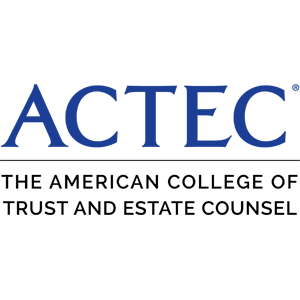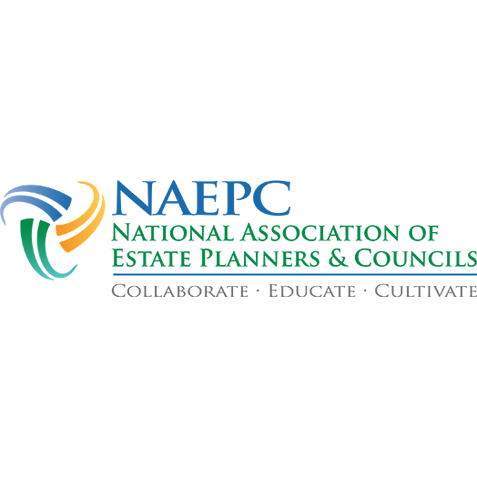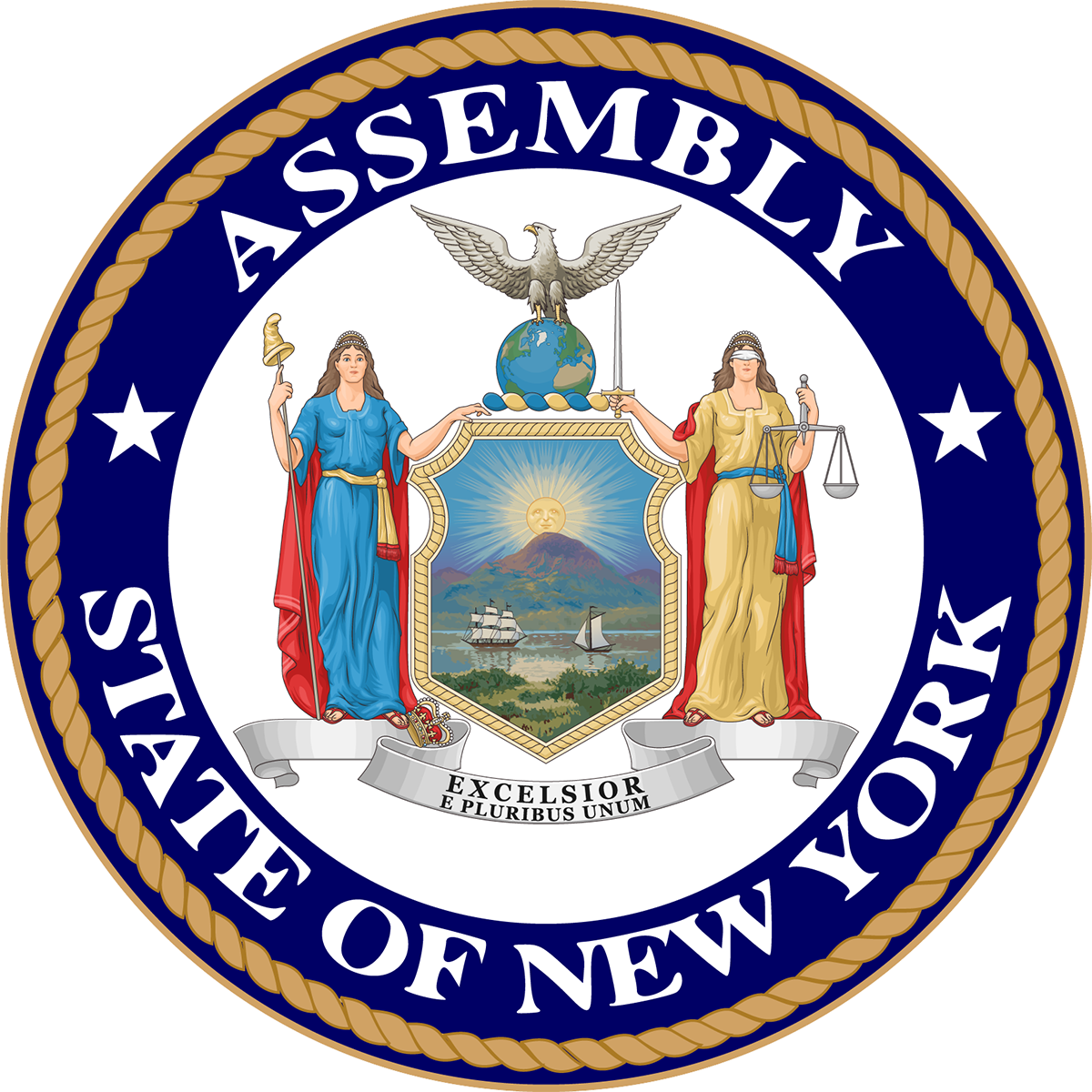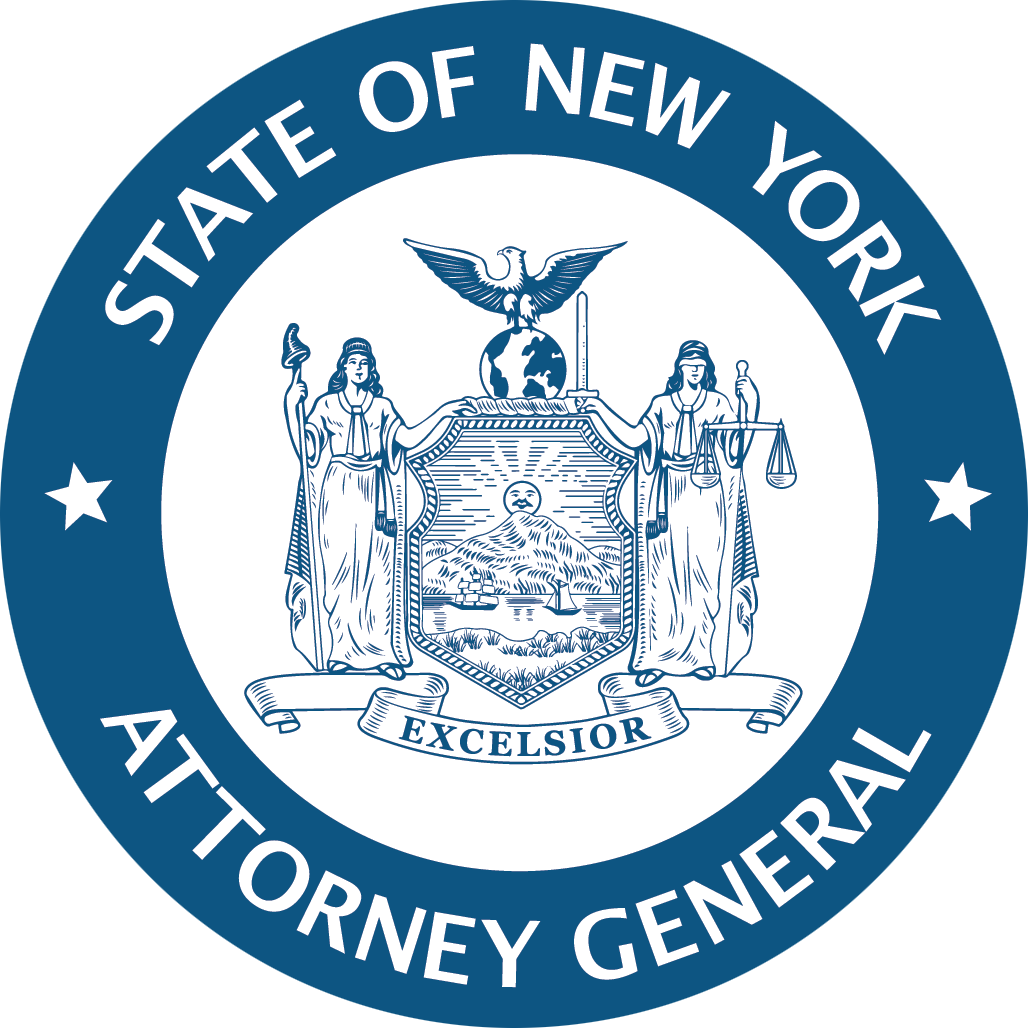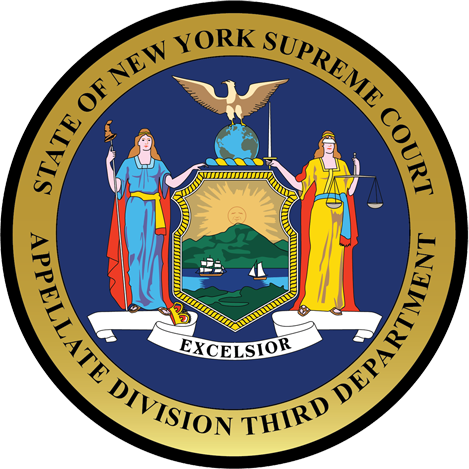- Search Directory for Estate and Probate Law Lawyers
- Estate and Probate Law Lawyers by County
- Estate and Probate Law Lawyers by Practice Area
- Estate and Probate Law Lawyers by Specialty
- Best Estate and Probate Law Attorneys in New York
- New York Legal Resources
- Estate and Probate Law Bar Associations and Legal Organizations
- Specialty Certifications in Estate and Probate Law
- New York Government and Court Resources















